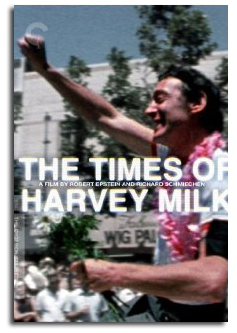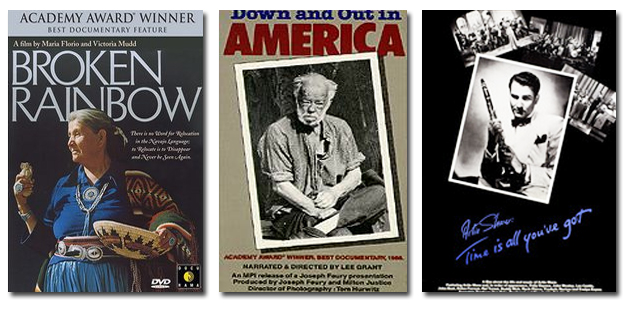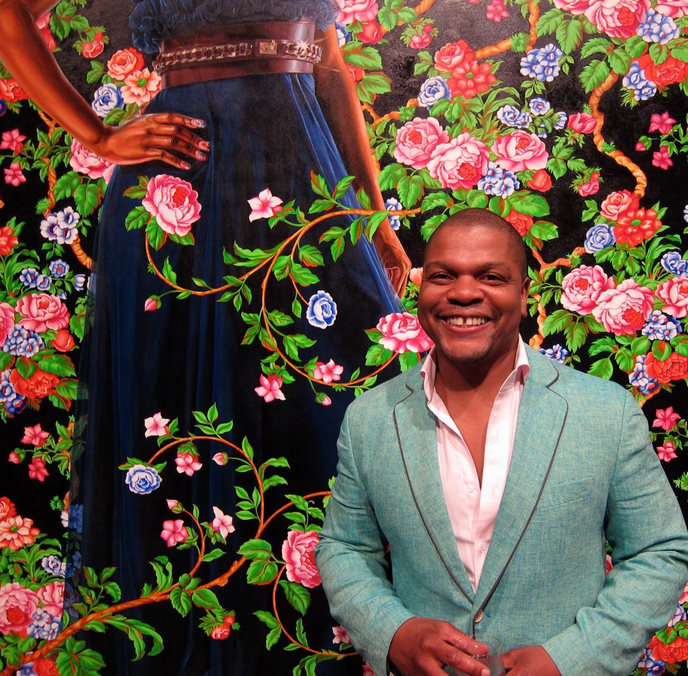Whoopsy. I forgot to share this list... Herewith the films that could be up for Best Documentary Feature this year. We'll get a finalist of 15 at some point next month followed by 5 nominees in January "until we crown A WINNAH!" If we've reviewed the titles, you'll notice their pretty color which you can then click on to read about them. The magic of the internet. You can also see the animated and documentary Oscar charts here.
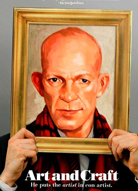
The 134 Semi-Finalists
A-C
Afternoon of a Faun: Tanaquil Le Clercq, Ai Weiwei: The Fake Case, Algorithms, Alive Inside, All You Need Is Love, Altina, America: Imagine the World without Her, American Revolutionary: The Evolution of Grace Lee Boggs, Anita, Antarctica: A Year on Ice, Art and Craft, Awake: The Life of Yogananda, The Barefoot Artist, The Battered Bastards of Baseball, Before You Know It, Bitter Honey, Born to Fly: Elizabeth Streb vs. Gravity, Botso The Teacher from Tbilisi, Captivated The Trials of Pamela Smart, The Case against 8, Cesar’s Last Fast, Citizen Koch, CitizenFour, Code Black, Concerning Violence, The Culture High, Cyber-Seniors
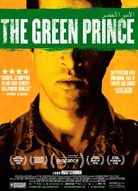 D-F
D-F
DamNation, Dancing in Jaffa, Death Metal Angola, The Decent One, Dinosaur 13, Do You Know What My Name Is?, Documented, The Dog, E-Team, Elaine Stritch: Shoot Me, Elena, Evolution of a Criminal, Fed Up, Finding Fela, Finding Vivian Maier, Food Chains, The Galapagos Affair: Satan Came to Eden, Getting to the Nutcracker, Glen Campbell…I’ll Be Me, Gore Vidal: The United States of Amnesia, The Great Flood, The Great Invisible, The Green Prince, The Hacker Wars, The Hadza: Last of the First, Hanna Ranch, Happy Valley, The Hornet’s Nest
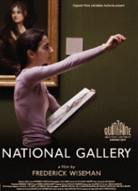 I-M
I-M
I Am Ali, If You Build It, The Immortalists, The Internet’s Own Boy, Ivory Tower, James Cameron’s Deepsea Challenge, Jodorowsky’s Dune, Journey of a Female Comic, Keep On Keepin’ On, Kids for Cash, The Kill Team, Korengal, La Bare, Last Days in Vietnam, Last Hijack, The Last Patrol, Levitated Mass, Life Itself, Little White Lie, Llyn Foulkes One Man Band, Magician: The Astonishing Life and Work of Orson Welles, Manakamana, Merchants of Doubt, Mission Blue, Mistaken for Strangers, Mitt, Monk with a Camera, Nas: Time Is Illmatic, National Gallery, Next Goal Wins, Next Year Jerusalem, Night Will Fall, No Cameras Allowed, Now: In the Wings on a World Stage
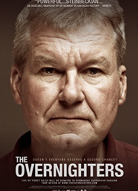 O-R
O-R
Occupy the Farm, The Only Real Game, The Overnighters, Particle Fever, Pay 2 Play: Democracy’s High Stakes, Pelican Dreams, The Pleasures of Being Out of Step, Plot for Peace, Point and Shoot, Poverty Inc., Print the Legend, Private Violence, Pump, Rabindranath Tagore – The Poet of Eternity, Red Army, Remote Area Medical, Rich Hill, The Rule, The Salt of the Earth, Shadows from My Past, She’s Beautiful When She’s Angry, A Small Section of the World, Smiling through the Apocalypse – Esquire in the 60s, Supermensch: The Legend of Shep Gordon, The Supreme Price
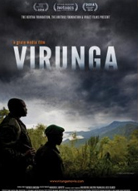 T-Z
T-Z
Tales of the Grim Sleeper, Tanzania: A Journey Within, This Is Not a Ball, Thomas Keating: A Rising Tide of Silence, Through a Lens Darkly: Black Photographers and the Emergence of a People, True Son, 20,000 Days on Earth, Unclaimed, Under the Electric Sky, Underwater Dreams, Virunga, Waiting for August, Walking the Camino: Six Ways to Santiago, Warsaw Uprising, Watchers of the Sky, Watermark, We Are the Giant, We Could Be King, Whitey: United States of America v. James J. Bulger, A World Not Ours
IDA Nominees
Nominations were also recently announced for the International Documentary Association Awards and the IDA Nominees for Best Documentary Feature are all represented here: Finding Vivian Maier (also honored for its writing), Citizen Four, Point and Shoot, The Salt of the Earth, and Tales of the Grim Sleeper. Other films on this long list receiving IDA nominations in various categories are: Keep on Keepin' On (Humanitas Nominee), Last Days in Vietnam (Best Editing), and two films honored for their compelling use of news footage (Captivated the Trial of Pamela Smart & Concerning Violence), and Evolution of a Criminal (Emerging Filmmaker Prize)
Absent from the List
I'm disappointed not to see Stray Dog from Debra Granik. The Possibilities are Endless which was just nominated for a BIFA today is also absent. But the real shockers are no Silvered Water: Syria Self Portrait or The Look of Silence, a sequel of sorts to Oscar nominee The Act of Killing, which have both received nothing but raves. But then again it's always desperately confusing as to when and why documentaries qualify for Oscars. Maybe we'll see them on next year's eligible list since some of the titles in the list above are over a year old?
 Friday, November 7, 2014 at 12:00PM
Friday, November 7, 2014 at 12:00PM  [The Overnighters was recently longlisted as one of the 134 films in contention for this year's Best Documentary Feature Oscar. Here's Amir with his thoughts on the film.]
[The Overnighters was recently longlisted as one of the 134 films in contention for this year's Best Documentary Feature Oscar. Here's Amir with his thoughts on the film.]
 Oscars (14),
Oscars (14),  The Overnighters,
The Overnighters,  documentaries
documentaries 







